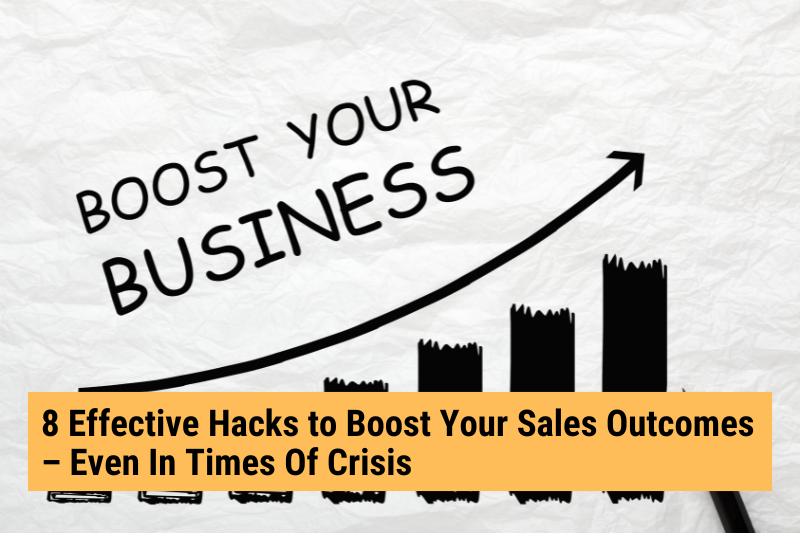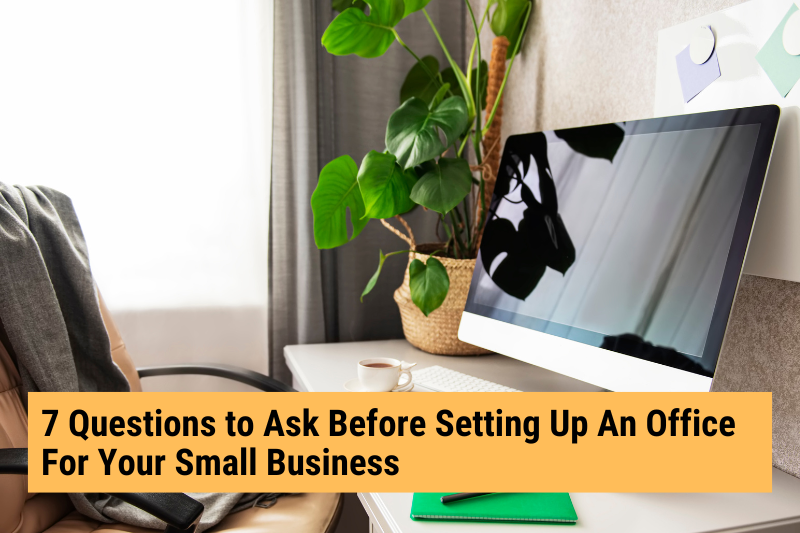Businesses that are highly dependent on direct sales of their products or services have been badly hit by the COVID-19 pandemic. National lockdowns, social distancing norms, economic hardships – all these challenges have made it necessary to look for find other feasible ways to make sales and hopefully earn some profits.
One such possible solution is ‘virtual selling’. However, this is an idea that very few companies have explored fully. This is a pity, because virtual selling (also known as ‘remote selling’) offers a number of benefits, especially during crises like the one we’re grappling with now. These are advantages that businesses just can’t afford to ignore.
But what is virtual selling? How is it different from ‘field selling’? And what are its benefits?
These are some of the questions this article will attempt to answer.
What is virtual selling
In simplest terms, virtual selling is selling to a customer without being there with them in person. When your sales process – from the moment the customer says Hi to the moment you have a Purchase Order – is done remotely, it qualifies as virtual selling.
The assumption that virtual sales are easier to accomplish because they don’t require as much effort as being in-person with a customer is completely incorrect. Virtual selling is not taking the easy way out. If anything, for successful virtual sales, the seller has to be even more customer-focused and ‘present’ in order to meet the customer’s expectations.
Virtual selling has evolved over the years, largely due to changes in buyer behaviours. Field sales are by no means a thing of the past, but in many industries, customers accept the salesperson not being there. This means that they are more open to buying virtually. Technology has also played a part in this evolution by simplifying virtual meetings, scheduling and almost every other aspect of the sales process. Together, all these developments have made it possible for sellers to operate at a greater scale than ever before.
3 advantages of virtual selling
Selling virtually offers a number of advantages in the long term. The COVID-19 crisis will eventually resolve itself but the benefits of virtual selling will endure. Here are 3 of the most important.
1. Broaden the stakeholder/customer pool
Increasingly, buying decisions are made by groups rather than by individuals. However, getting all these different stakeholders into a single sales meeting is not always easy, particularly during crises that forcibly limit face to face interactions. Virtual selling provides the means to gather all the required decision-makers in one place – albeit virtually – which makes quick meetings and fast start times possible. It also facilitates better communication between these various stakeholders and can improve overall sales results for the seller.
2. Improve the customer’s decision-making in your favour
Customers who are more comfortable with the status quo – even if it is inherently dissatisfying – are a big threat to successful sales. But if there is even one ‘agent of change’ among these stakeholders, it can give a huge advantage to the seller. And the virtual medium provides a useful way to make the most of this advantage. It can introduce a much-needed sense of urgency that can help the seller encourage buyers to keep the momentum high and inactivity low. This can help keep the decision-making process moving forward.
3. Part of your Business Continuity Plan
The Coronavirus crisis has seriously curtailed made face-to-face sales and in-person purchases. This has naturally affected organisations’ toplines and bottomlines. However, virtual sales can provide a good way to arrest and even reverse these problems. Another way of saying this is that virtual selling can strengthen a Business Continuity Plan (BCP).
Virtual selling allows sellers to expand and contract with the marketplace easily with minimal impact on schedules or costs (e.g. travel expenses). It is a flexible practice that can be implemented quickly and scaled up fast. By allowing prospects and customers to choose how and when they get contacted, virtual selling makes it possible for sellers to continue their business, keep operations going and improve their bottomline.
A final word
Today’s organisations need to adapt to a new environment if they want to survive. The pace of change has intensified and virtual selling provides the means to keep up. If they ignore this new reality, they will only fall behind. And if they do this, they will have only themselves to blame, not the Coronavirus crisis.











0 Comments